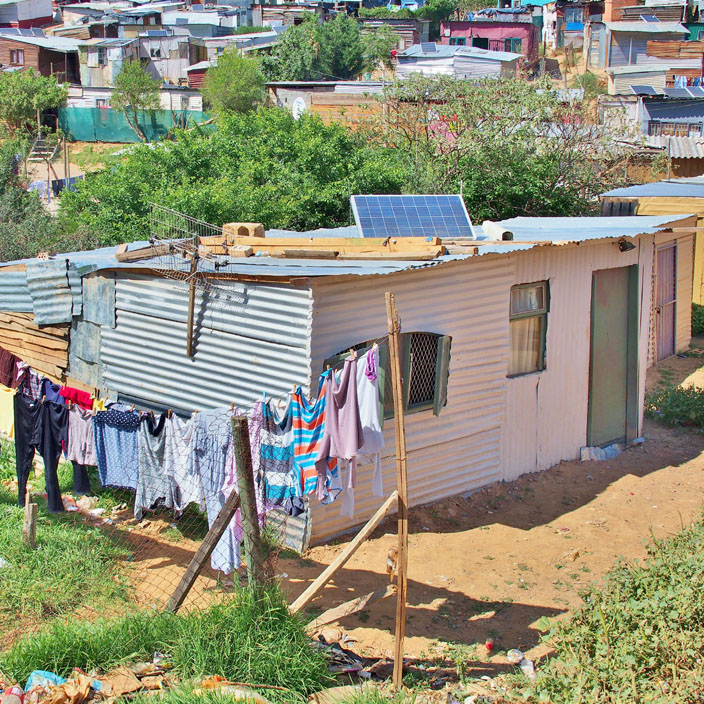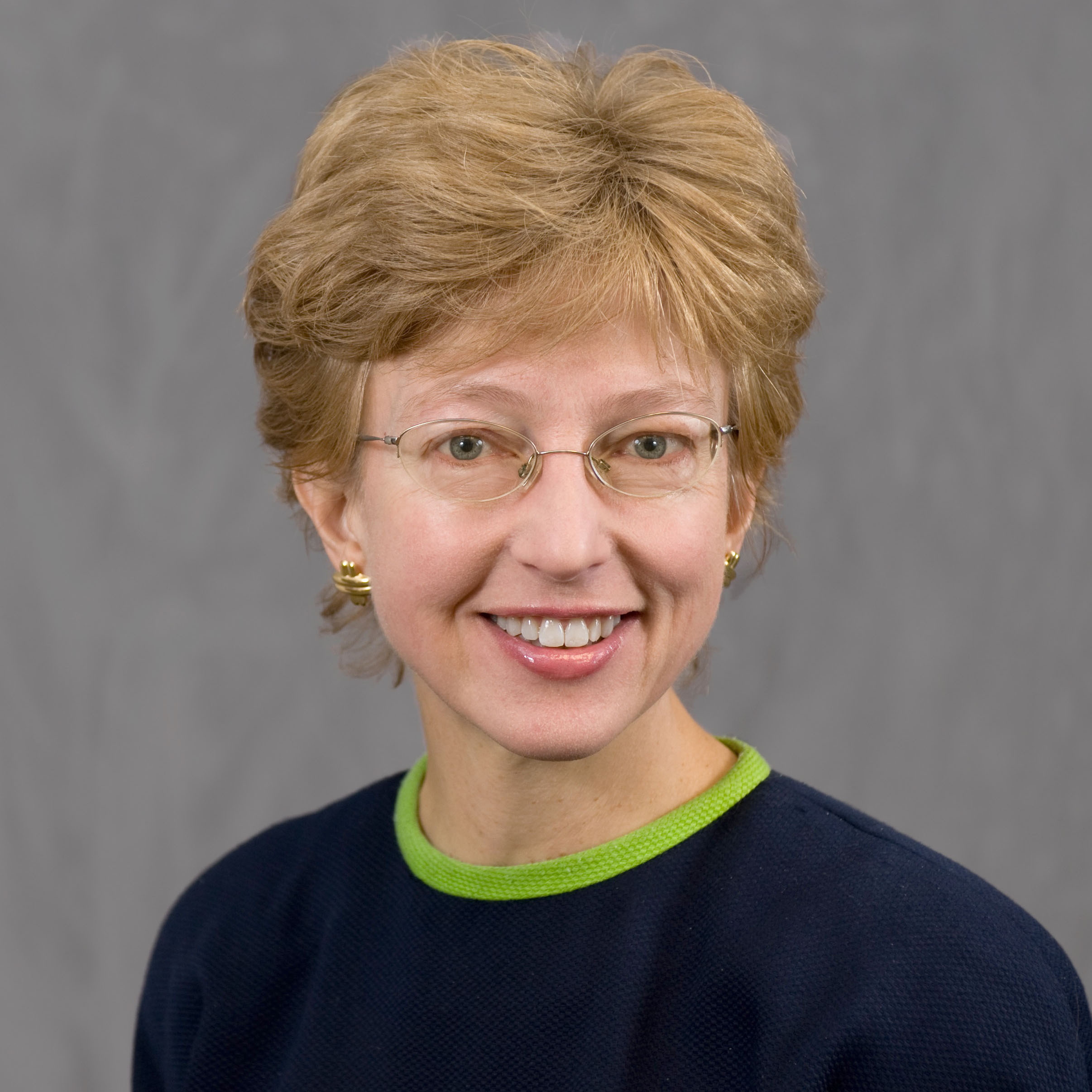Energy access in sub-Saharan Africa is extremely limited, and much of the energy currently consumed is used to cook food. Most people use biomass — organic materials such as wood, plants, or waste — for this purpose. This is a widely accepted and affordable way for individuals to cook their meals, but it poses some significant problems.
“It takes people a long time to gather their firewood,” explained Valerie Thomas, Anderson-Interface Professor of Natural Systems in the H. Milton Stewart School of Industrial and Systems Engineering (ISyE).
“A lot of these areas face deforestation, which not only cuts down on wildlife but also makes it harder for people to gather firewood; as the trees get cut down, the forest gets further away from the village.”
In addition to these deforestation challenges, cooking indoors with biomass fuels (which many people do) creates air pollution, leading to negative health effects. Thomas is conducting research on solar cooking and parabolic stoves, studying how this simple technology can help people in Rwanda address both issues.
“I’m really enthusiastic about finding better ways for people to cook, especially using solar,” Thomas said. “There are limitations — for example, you can’t do your cooking when the sun isn’t out. But there are also a lot of advantages. You don’t need to gather anything, it works well, it’s very inexpensive, and there are a lot of different options.”
The cooking initiative is one part of the work Thomas has been doing in Rwanda. Since 2016, she has collaborated with industry practitioners, as well as researchers and students from ISyE, to determine the best way to bring sustainable energy to the people of rural Africa.
“There is minimal access to grid electricity in rural Africa,” said Thomas. “We’re using operations research techniques to examine future development scenarios that will help governments make better infrastructure decisions and balance supply and demand.”
In addition to the lack of energy infrastructure, Africa also faces a shortage of Ph.D.s to help solve these complex issues. To address this problem, Thomas serves as an international advisor to graduate students at the African Center of Excellence in Energy for Sustainable Development, a pan-African program at the University of Rwanda established with support from the World Bank Group. Supporting trained Ph.D.s and students in Africa who will continue to research these issues is key to the region’s future success.

